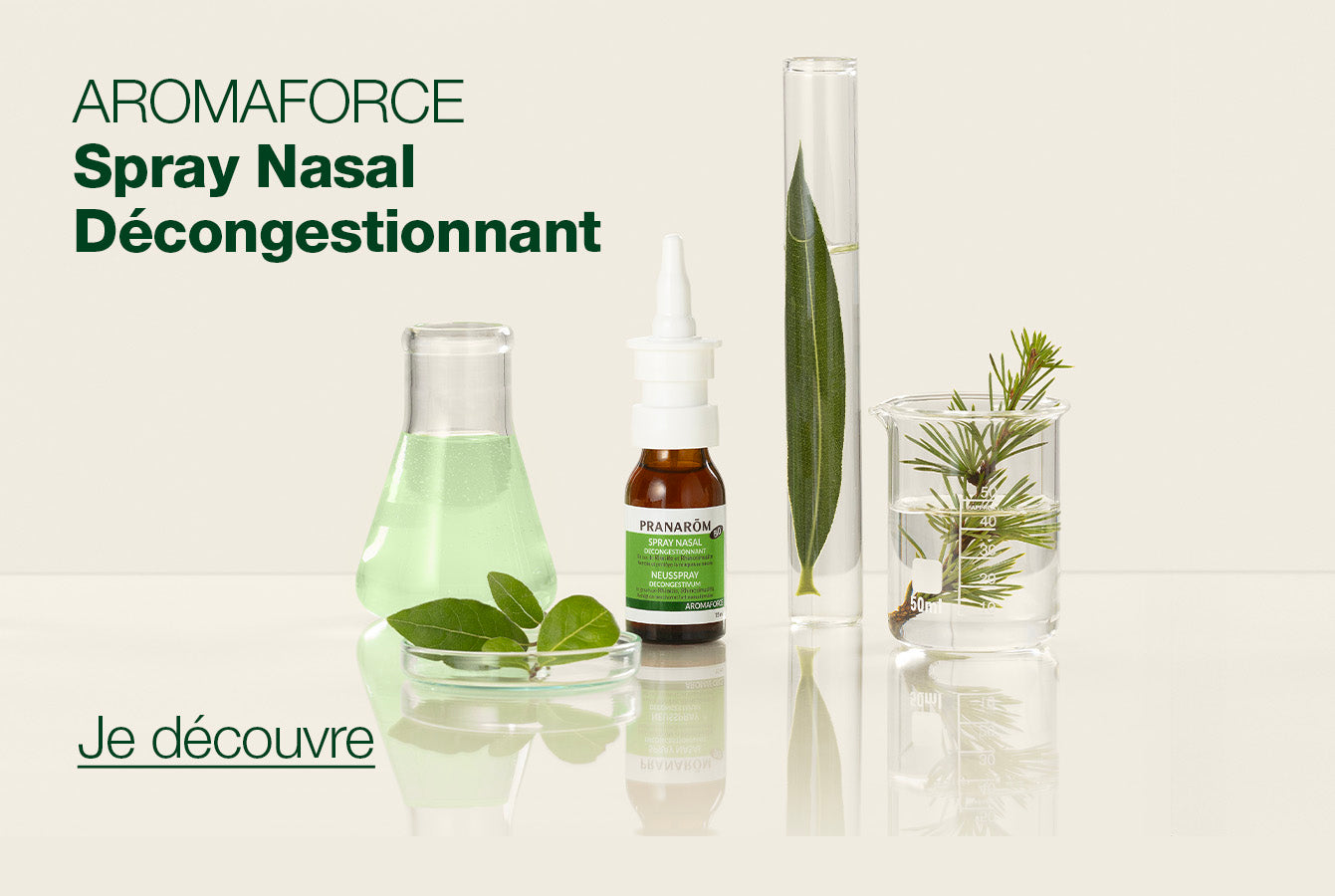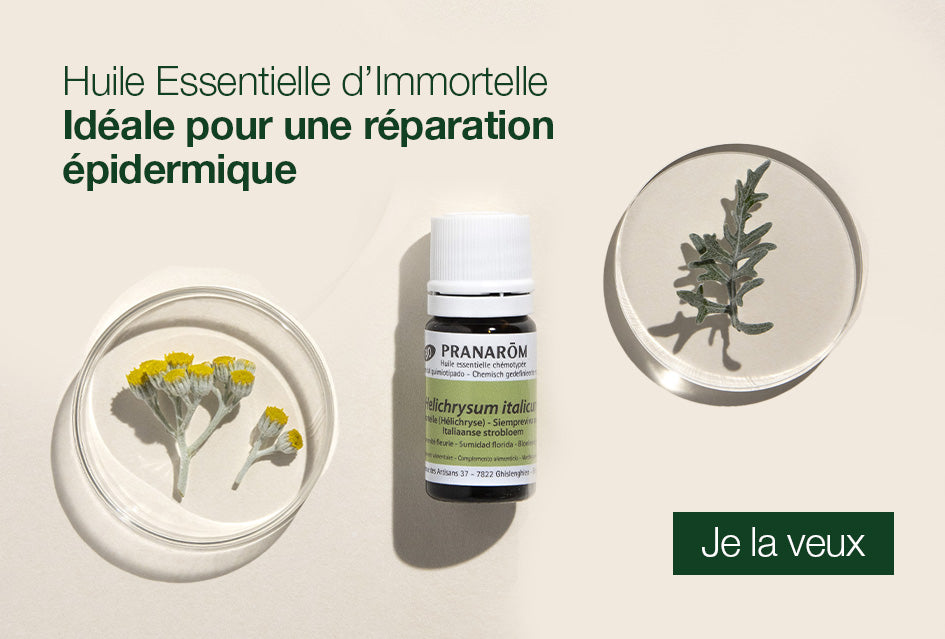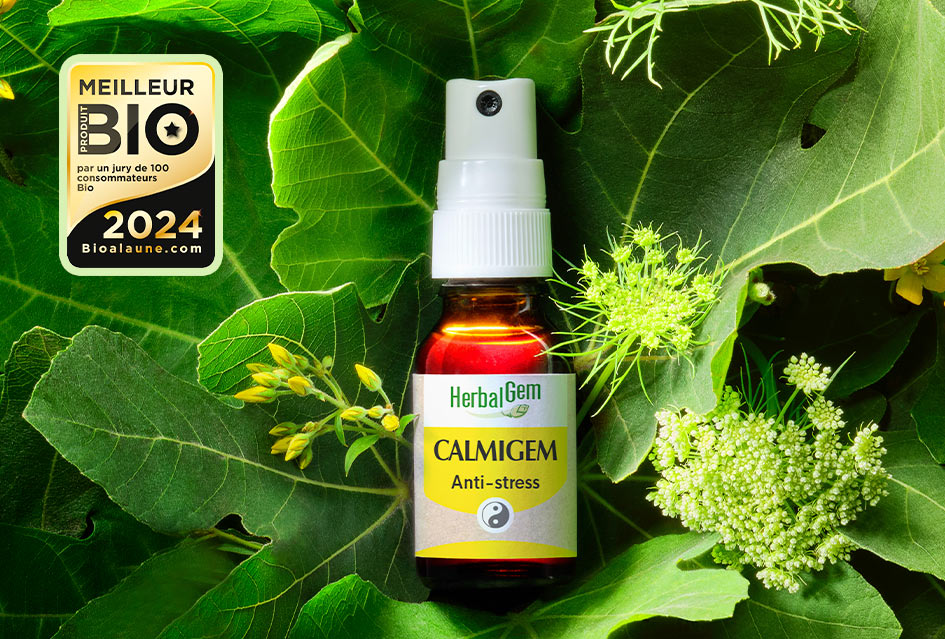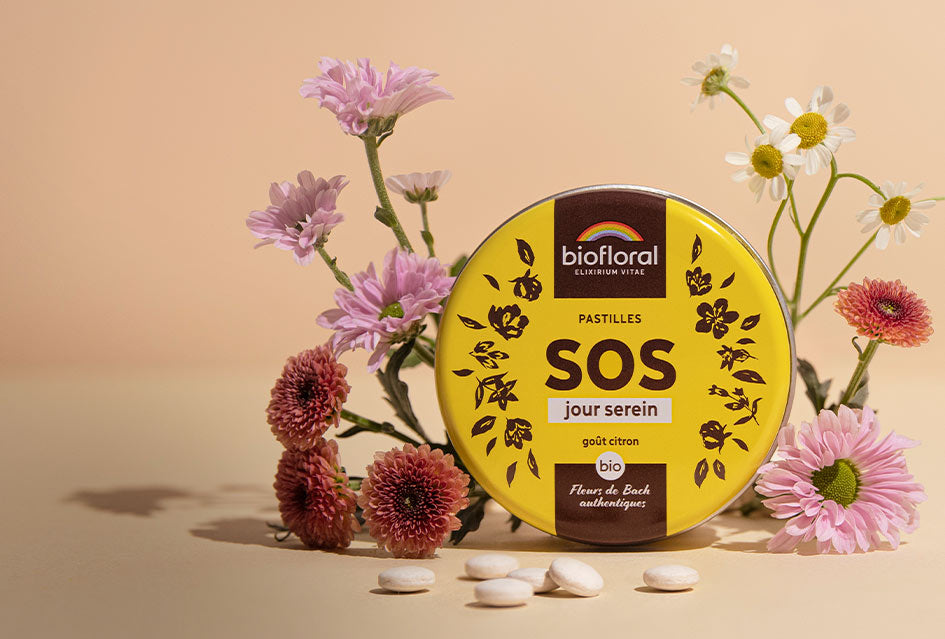Chewing gum, tablets, nicotine patches... what if essential oils could complement the classic arsenal of tobacco replacement therapies as part of smoking cessation?
About ten years ago, a clinical study suggested that inhaling black pepper (piper nigrum) essential oil could help smokers reduce smoking withdrawal symptoms.
Tobacco replacement therapy is commonly used to treat nicotine addiction. Most commonly, it involves patches, chewing gum, inhalers, or tablets. This therapeutic technique is often effective in treating withdrawal symptoms and allowing smoking cessation 2 . It is commonly recognized that nicotine has direct effects in the brain by acting on nicotinic receptors in neurons through activation of the olfactory system and irritation of the airways 4 . An alternative treatment is to administer an antagonist substance, which blocks the receptors targeted by the drug of abuse without activating them, and therefore inhibits the euphoric effect 3 .
A clinical study with black pepper and menthol
Black pepper essential oil is relatively easy to use, gentle, and yet little known.
In the study published by Jed E. Rose and Frederique M. Behrn "Inhalation of vapor from black pepper extract reduces smoking withdrawal symptoms" (published in Drug and Alcohol Dependence 34 (1994) 225-229), the authors - belonging to ' Nicotine Research Laboratory , VA Medical Center and Department of Psychiatry of Duke University, USA ' - studied a substitute cigarette device, namely a puff tube based on black pepper (piper nigrum) essential oil.
Black pepper essential oil was indeed likely to cause mild respiratory irritant effects and suppress the urge to smoke . The primary objective of this study was to evaluate the effects of the components of this relatively rarely used essential oil on subjective withdrawal symptoms during a brief period of smoking abstinence in 48 male smokers aged 19 and 56 years.
All subjects participating in the study smoked between 20 and 50 cigarettes per day.
Experimentation :
The device used (EZ Quit, by Inc., Tarzana, CA) was a hollow plastic tube, about the size of a cigarette, with an air inlet at one end and a mouthpiece at the other end.
All participants were required to have abstained from smoking for at least 8 hours prior to the start of the experiment. Smoking abstinence was verified by measuring carbon monoxide levels in exhaled air.
The subjects were randomly divided into 3 groups:
- Pepper group : took a puff from the device that delivers the black pepper essential oil,
- Mint group : took a puff from the device which delivers a mint aroma, namely menthol,
- Placebo group : used a device containing an empty cartridge.
All smokers inhaled through the mouth ad libitum (until full satisfaction) during a 3-hour session. At the end of each hour, subjects completed a questionnaire to evaluate puffs ( taste, satisfaction, strength of sensations in different regions of the airway, similarity of airway sensations to their own brand of cigarette, sensation of nicotine - although there was no nicotine in any of the 3 devices).
In addition to this qualitative assessment of puffs, subjects were asked to complete another questionnaire on symptoms related to the effects of nicotine administration ( urge to smoke a cigarette, negative affect, excitement, appetite, craving, somatic anxiety, gastrointestinal symptoms, cough, and sore throat).
Results:

Fig. 1 Black pepper is clearly the winning strategy in this aspect
The results of the study were quite surprising:
1) The urge to smoke a cigarette decreased at the end of the 3-hour session significantly more for the pepper group than for the mint and placebo groups (see Fig. 1).
2) A significant reduction in the desire to smoke for the pepper group compared to the other groups.

Fig. 2 Black pepper performs better than mint, and together they perform better than placebo
3) The negative effect decreased more for the pepper group than for the placebo group. However, there was no significant difference compared to the mint group (see Fig. 2).
4) No significant difference for subjective arousal in the 3 groups.
5) Somatic symptoms related to anxiety were significantly reduced for the pepper group, more so than for the mint and placebo groups.
6) In terms of taste , black pepper is better appreciated than the placebo and is comparable to mint (Fig. 3).

Fig.3 It seems that black pepper tastes "good" ;-)
7) The strong sensation in the chest is significantly stronger for the pepper group than for the other groups. On the other hand, there are no significant differences between the 3 groups for sensations in the tongue, nose, mouth and throat or trachea.
8) There is no effect of black pepper inhalations on the forced expiratory volume during the first second 'FEV1 index' and on the mean expiratory flow with 25% of the volume remaining 'FEF25'
Conclusion :
The results of this study confirm that inhaling pepper essential oil through the mouth partially recaptures the respiratory tract sensations experienced by smoking and thus reduces the urge to smoke.
Pepper essential oil was not only more effective than the unflavored device placebo, but it also reduced smoking urges more than an active placebo such as mint (menthol).
And you in all this?
It is worth remembering that if you want to stop smoking, it is important to seek support from a competent therapeutic service such as your pharmacist, or even better, a tobacco specialist and/or a doctor.
As part of weaning, nothing prevents you from inhaling essential oils directly from the bottle whenever the urge strikes. Inhaling this way is safe with peppermint, ylang-ylang, and, of course, black pepper.
Be careful, however, not to overdo it and to inhale calmly, for example by taking three deep breaths each time you want to smoke, but no more.
In the same spirit, your pharmacist can offer you an inhaler (the "tube" type to breathe) that he will have carefully prepared with a cartridge soaked in black pepper or peppermint essential oil. A tube of this type is currently on sale with the purchase of a Natural Defense Solution synergy from the Aromaforce range.
In any case, always consult a health and addiction professional before starting , so you can find the withdrawal method that suits you best. Keep your motivation in mind and get encouragement from those close to you.
The game is worth the candle, because in the end, you will enjoy the olfactory pleasure of essential oils with even more emotion!
References:
2 Stead, LF, Perera, R., Bullen, C., Mant, D. and Lancaster, T. (2008). Nicotine replacement therapy for smoking cessation. Cochrane Database of Systematic Reviews. (1), CD000146.
3 Didier Jutras-Aswad, Julie Bruneau and Yasmin L. Hurd. Neurobiology of Drug Addiction: Recent Advances and New Intervention Strategies. Drugs, Health and Society, vol. 8, no. 2, 2009, pp. 27-73.
4 Albino J. Oliveira-Maia et al. Nicotine activates TRPM5-dependent and independent taste pathways". January 2009 online Early Edition












